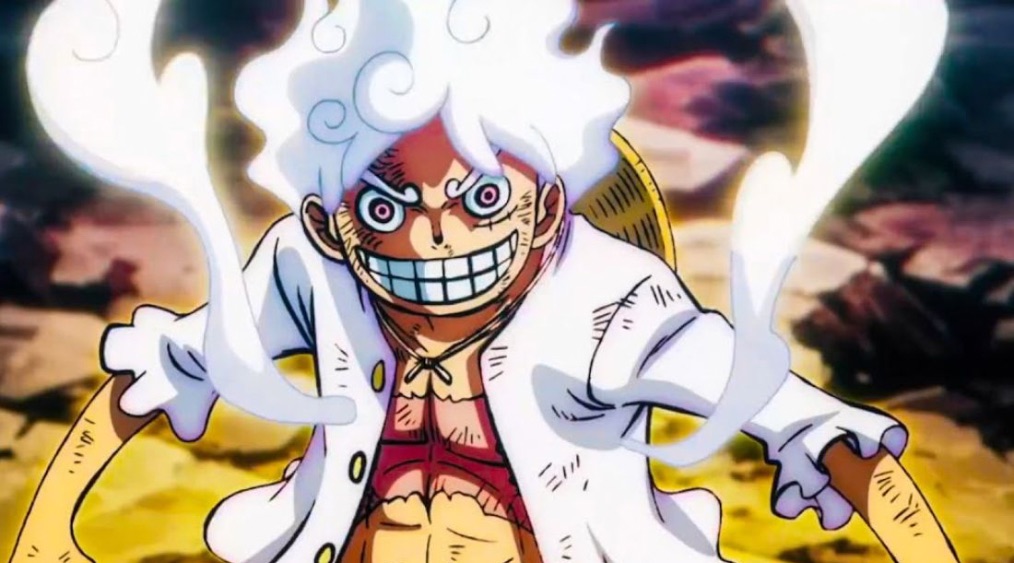Colonialism & Displacement in One Piece

During the Skypiea Arc, the Shandorians were invaded and displaced, facing foreign powers in the East Blue and the Skypeians as they underwent territorial loss, and fought to preserve their culture over the years. When the Skypieans invaded their sacred land for its soil resources, the Shandorians were forcefully displaced from their homeland. Sykpeia’s arc serves as a poignant exploration of themes reminiscent of colonialism and displacement.
One Piece Talks Racism & Discrimination
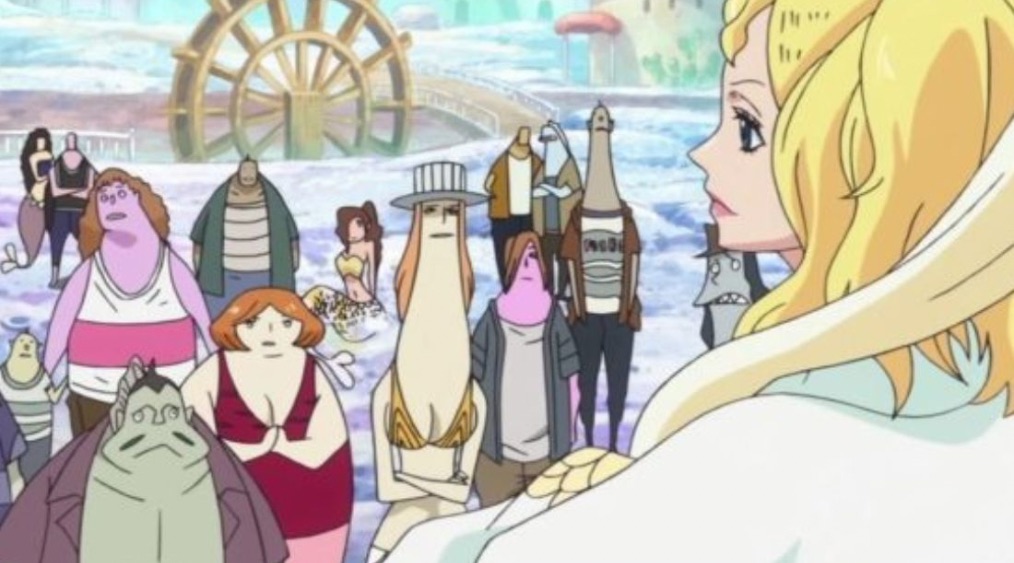
The narrative for the Fish-Man Island Arc serves as an allegory for real-world racism and one of the strongest elements of politics in One Piece. This arc explores racial tensions and discrimination, with fish-men and merfolk facing prejudice from humans and vice-versa. One example of this is that it is taboo for fishmen and merfolk to receive blood donations from humans and so forth. Racism and discrimination do extend beyond the fishmen and merfolk. This narrative arc serves as an allegory for real-world racism.
Oda doesn’t shy away from slavery & oppression
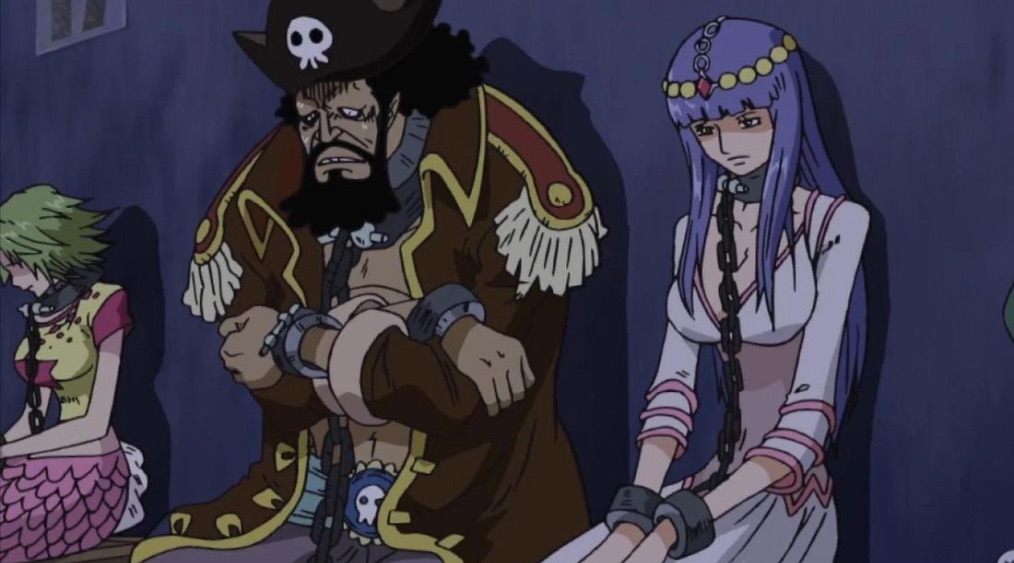
Corrupt Government
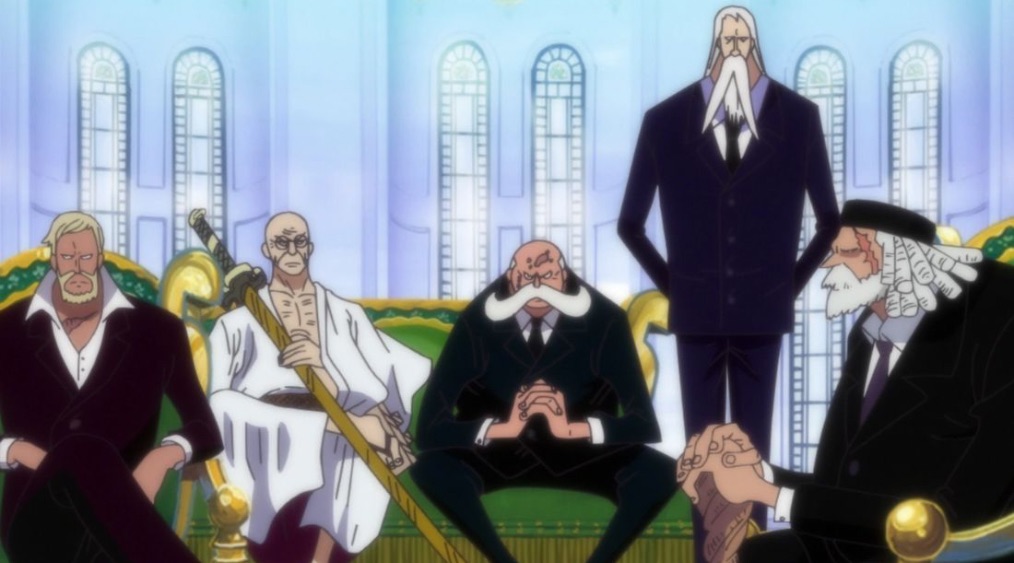
The World Government is led by the Five Elders, who in actuality answer to a sovereign entity known simply as Imu, whose existence is kept a secret from the the world. Throughout the series the Five Elders manipulate the media, employ Cipher Pol agents, and control Marines to maintain an unjust system that keeps their status quo as they see fit.
The Water 7 and Enies Lobby arcs vividly reveal the government’s extreme measures to retain control. As the series unfolds, the Straw Hat Pirates and allies rebel against the corrupt government, challenging the established order for a world that values justice, freedom, and dignity. One Piece’s exploration of corruption prompts reflection on real-world government corruption.
Social Inequality
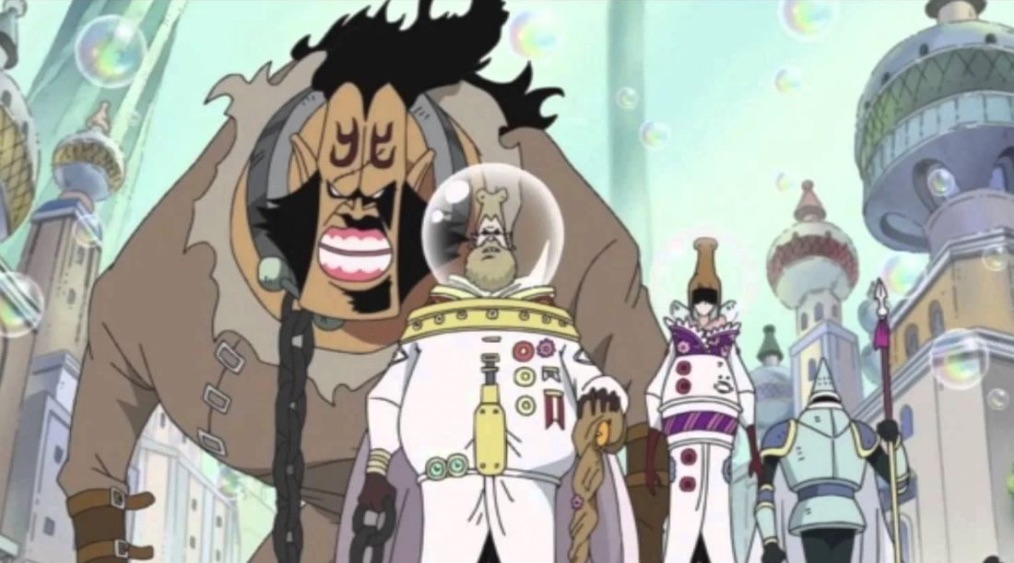
One Piece consistently explores societal disparities, with the starkest portrayal found in the Celestial Dragons, the most privileged class in the series. Descendants of the World Government founders, they wield unchecked power, living immune to consequences.
Imperial Dragons exploit their status, engaging in heinous acts such as enslavement, murder, and genocide. This inequality is glaringly evident in their callous treatment of common citizens, reflecting a pervasive disregard for human life that emphasizes the systemic injustices embedded in the world of One Piece.
Drug Abuse
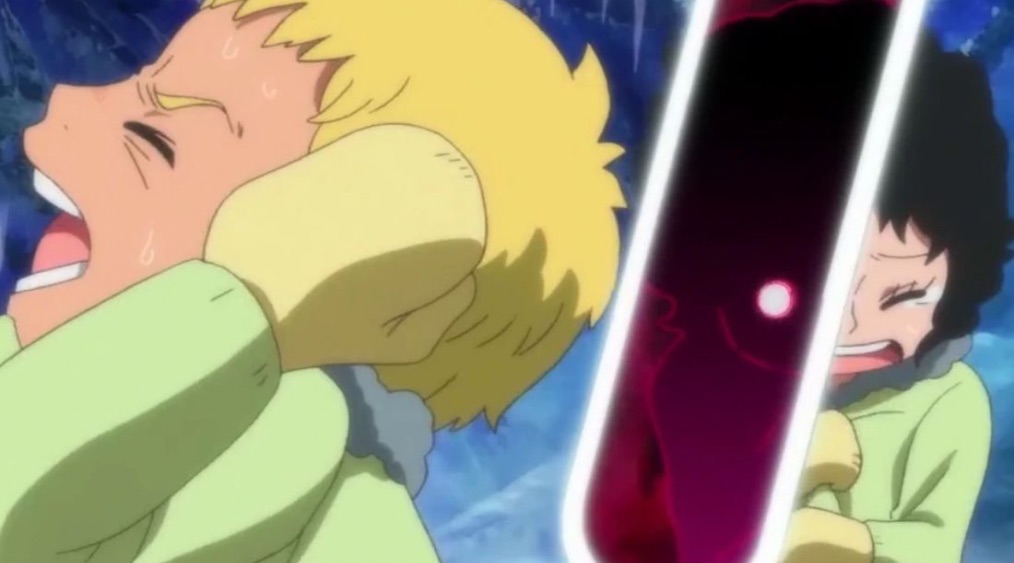
Throughout the Punk Hazard and Dressrossa arcs, antagonists Caesar Clown and Donquixote Doflamingo produce SAD and SMILEs, which create artificial Devil Fruit powers. The defective SMILEs, when eaten, retain drawbacks. Exploiting this, Wano Country’s shogun, Kurozumi Orochi, feeds these flawed fruits to his impoverished citizens, aiming to enforce perpetual joy and project a false sense of happiness throughout the nation.
During the Punk Hazard Arc, Cesar develops a highly addictive drug that gives enjoyment to the consumer but also causes the person to suffer severe withdrawal symptoms. Though not a direct parallel to real-world drug epidemics, this storyline involves the creation and distribution of a drug substance with profound consequences.
Environmentalism
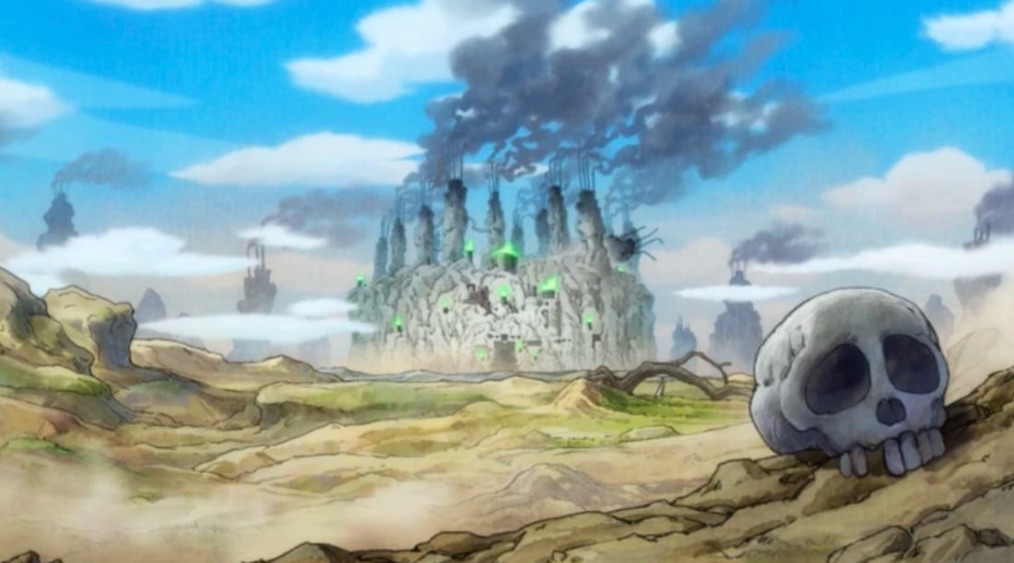
One Piece has addressed the issues of deforestation, pollution, and the exploitation of natural resources. The Wano Country Arc, for example, explores the impact of a massive industrial factory on the environment and the health of the country’s inhabitants. Tama, a Wano child who Luffy saves, offers him her last meal, revealing that she hasn’t eaten for several days due to the pollution caused by weapons factories. The country’s oppressive rulers’ operations make the land and water toxic, affecting the health of both people and animals and highlighting environmental and societal consequences.
Unchecked Power
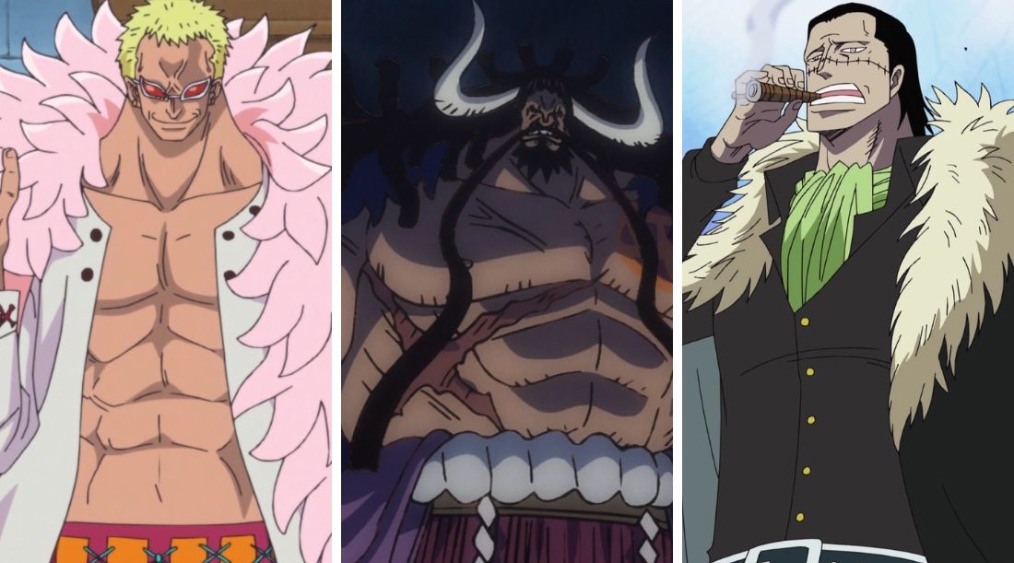
Freedom & Opposing Oppression
